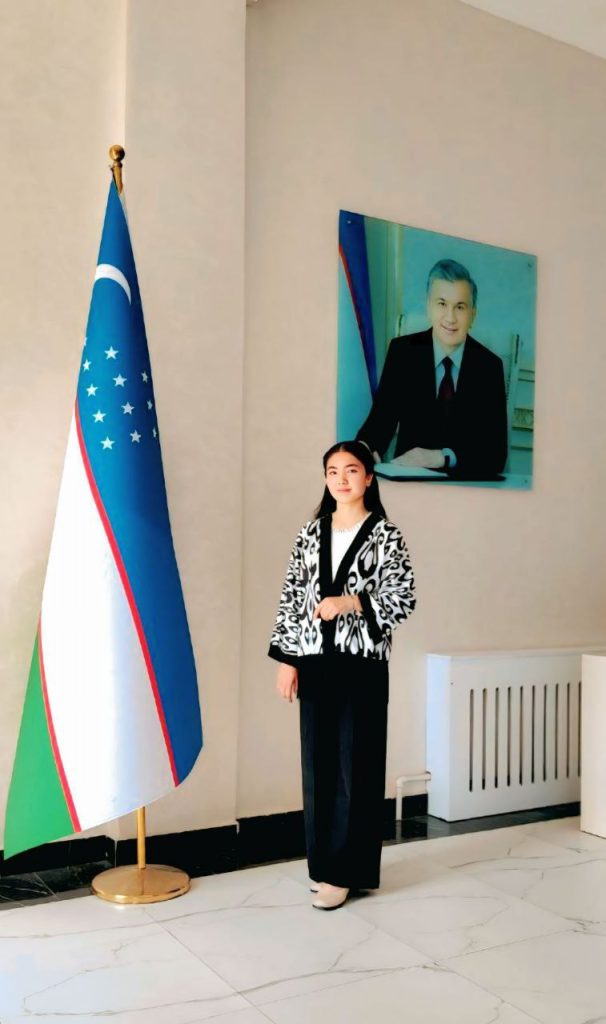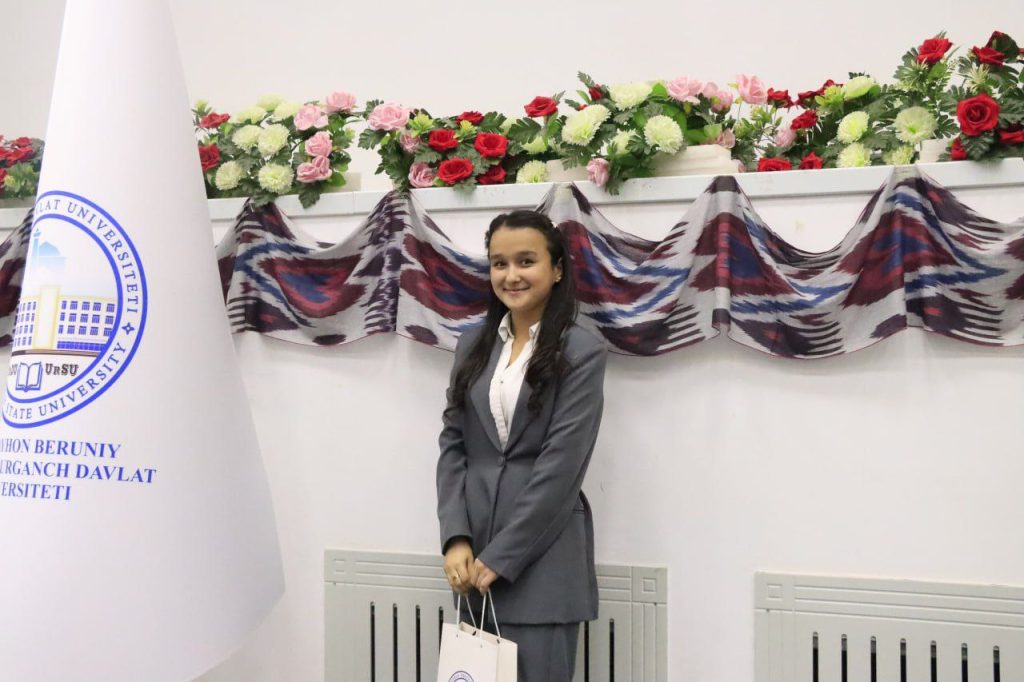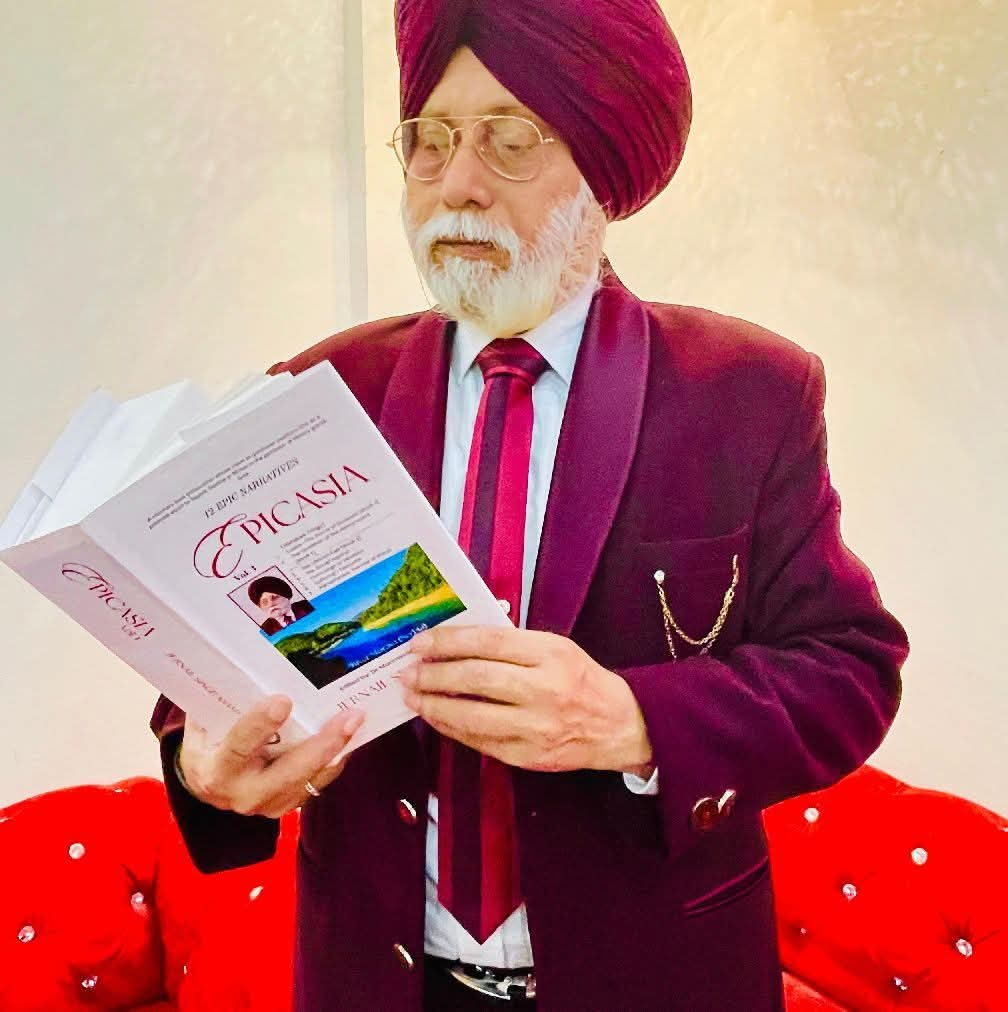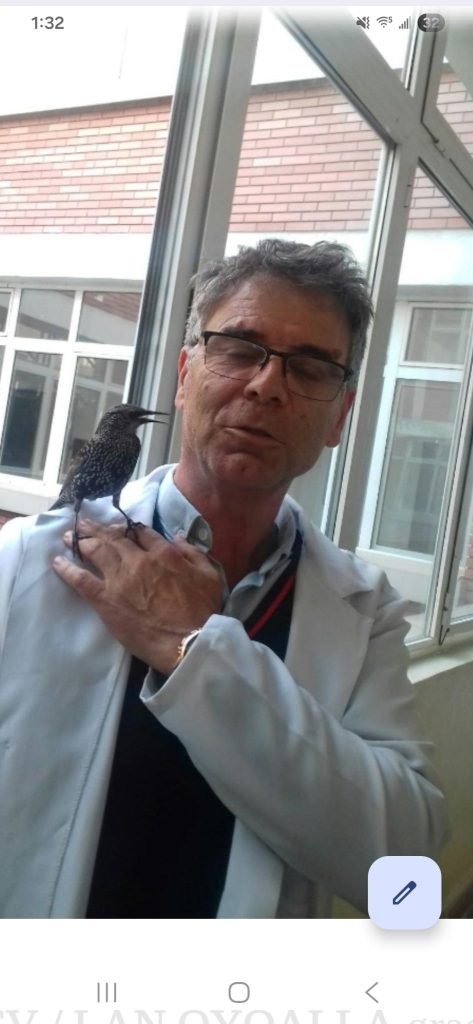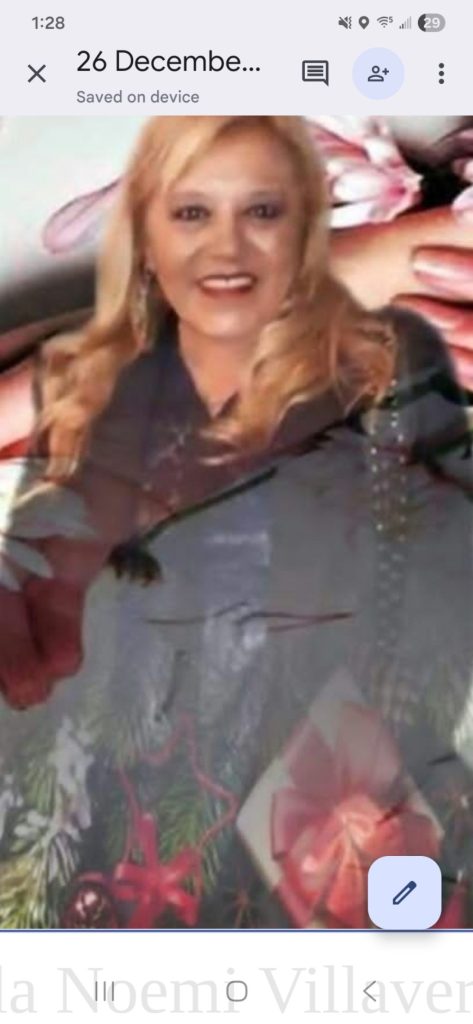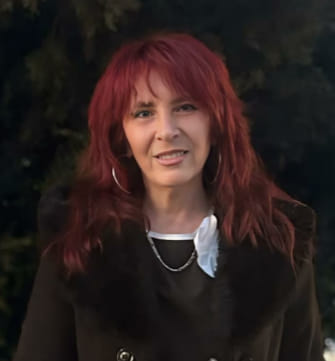
Christmas Greetings
Author: Valentina Yordanova – Accordia (Bulgaria)
Merry Christmas to everyone around the World!
The Christmas spirit has embraced us with Joy…
And even though it is Winter – let us chase away the cold,
let us welcome Love into our hearts!
Let us turn our backs on hatred, indifference, and sorrow –
let us give hugs freely, expecting nothing in return!
With good deeds from people with “golden” hearts,
let us lend a hand to the weak in need and distress!
Let us paint a radiant Christmas rainbow
from colors – gifts and fairy-tale miracles.
With Faith, let us welcome Christmas at home,
and with Hope, strengthen our destiny!
Let us wipe bitter tears from troubled faces
and light the hearth with the torch of Kindness.
May Christ’s shining star illuminate us,
may we set a festive – abundant table!
May Christmas fulfill our deepest dreams!
May it “spread” health to faraway lands!
May a miracle happen – may the sick find healing
and be reborn as healthy, new people!
Happiness, prosperity, good fortune,
love, kindness, abundance –
for every family around the World,
may warmth and comfort reign in their homes!
At Christmas, miracles do happen…
Rejoice in the little things!
Translated by Yoana Konstantinova
Let It Be Christmas!
Author: Valentina Yordanova – Accordia (Bulgaria)
Christmas is a bright and joyful holiday
for young and old, everywhere around the world.
In its embrace we will find love,
with a radiant star shining hope for us.
Christmas is family comfort and warmth!
A festive table and a gentle glance!
A friendly greeting, an outstretched hand!
At Christmas, things happen… Believe in miracles!
May everyone find good fortune beneath the tree!
May their most cherished dreams come true!
May their thoughts take flight and roam freely afar!
May they build a new and different world for themselves!
May peace and happiness blossom within it!
May their future days be festive and bright!
May Christ’s light illuminate them everywhere!
May their path be bright in dark and cloudy days!
Translated by Yoana Konstantinova
Christmas Message
Author: Valentina Yordanova – Accordia (Bulgaria)
On the white, holy Christmas night –
may our souls overflow with splendor!
Let us find and follow the path of Kindness,
opening the doors of our hearts to good deeds!
Let us extend a hand to our neighbor in need!
Strengthen their life with Power and Love!
May everyone feel warmth from someone!
Let us sow Faith and Joy along their path!
And may everyone receive, with good fortune,
all that their soul longs for, shedding tears of desire!
Christmas magic is Love! It fulfills fairy-tale miracles…
It is Hope… Through it, we will transform the world!
Translated by Yoana Konstantinova
With Hope Toward the New Year
Author: Valentina Yordanova – Accordia (Bulgaria)
Another year of our lives is coming to an end,
and each of us walked along different paths.
For some it was crystal cold – the winter season,
for others a southern breeze – spring passed by.
Some walked rocky and muddy roads.
Others laughed loudly on a red carpet.
Cries for help, pleas for health, and sorrowful prayers
crashed loudly somewhere against roadside cliffs.
Before the eyes of Happiness and Love,
people of Joy and beautiful Destiny,
visibly smiling, radiant, cheerful faces,
quietly envied somewhere by someone unseen.
Throughout the year we cried, laughed, and celebrated.
We mourned and painfully said goodbye to loved ones.
We loved, respected, and admired beauty.
We walked on and traveled to distant journeys.
Sometimes we feared the unknown of Life.
We scattered and lost glances and smiles in pain.
We were, we would be, we remained – we hoped in Fate.
We saw, waited, reached out a hand, and forgave.
We dreamed, turned away, yet strongly desired.
We were not always ourselves and sometimes gave up.
We fearlessly conquered high peaks,
but with our falls, we waved the white flag.
Helplessly, we tangled ourselves in Life’s web.
We sold our self-trust dearly.
We counted our mistakes twice before ourselves,
took stock and learned our lesson.
In past days we were forced to slow our steps,
yet toward the Future we ran tirelessly with all our strength.
And now, proudly standing before our threshold,
the New Year awaits us silently with sparkling eyes.
At midnight we will open the door for it,
hoping it brings luck and warmth.
With Hope that it will be better than the old one,
and that Happiness will be found as a gift beneath the tree.
Let us raise a toast and wish for all those things
our souls need the most!
Let us capture the moment with a lens and preserve it in a photo,
which one day, framed, will revive a memory!
May we be healthy, happy, and kind in our thoughts!
Loved, trustworthy, and with cherished dreams!
May God bless the childless with a child!
May He grant health from the heart to the sick!
May He inspire strength and courage in the weak!
May the poor never fall into hunger!
May children’s laughter carry far on the wind!
May everyone have shelter – a home of their own!
May there be Peace on Earth and calm in the soul!
May our hearts be pure – with Love and Kindness!
And may God hear our prayers… and bless us!
Let us pray in church with bowed heads!
From now on, may things go smoothly for us!
Let us believe in Life with fulfilled dreams!
To see, without pain… without bitterness…
May everything around us shine for us!
Translated by Yoana Konstantinova

